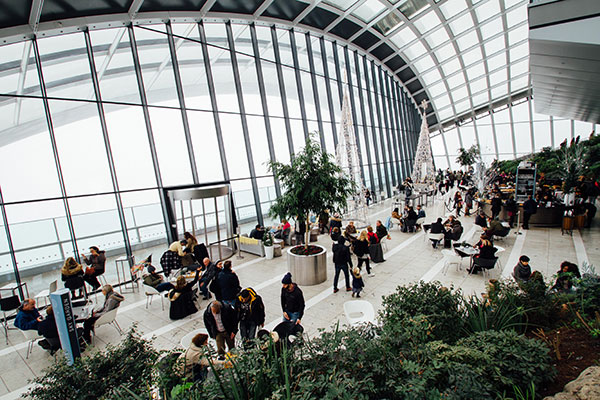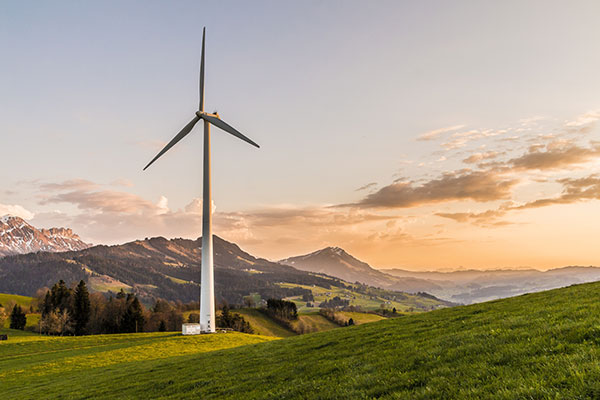
Hudson RPO
Content Team
The Hudson RPO Content Team is made up of experts within the Talent Acquisition industry across the Americas, EMEA and APAC regions. They provide educational and critical business insights in the form of research reports, articles, news, videos, podcasts, and more. The team ensures high-quality content that helps all readers make talent decisions with confidence.











